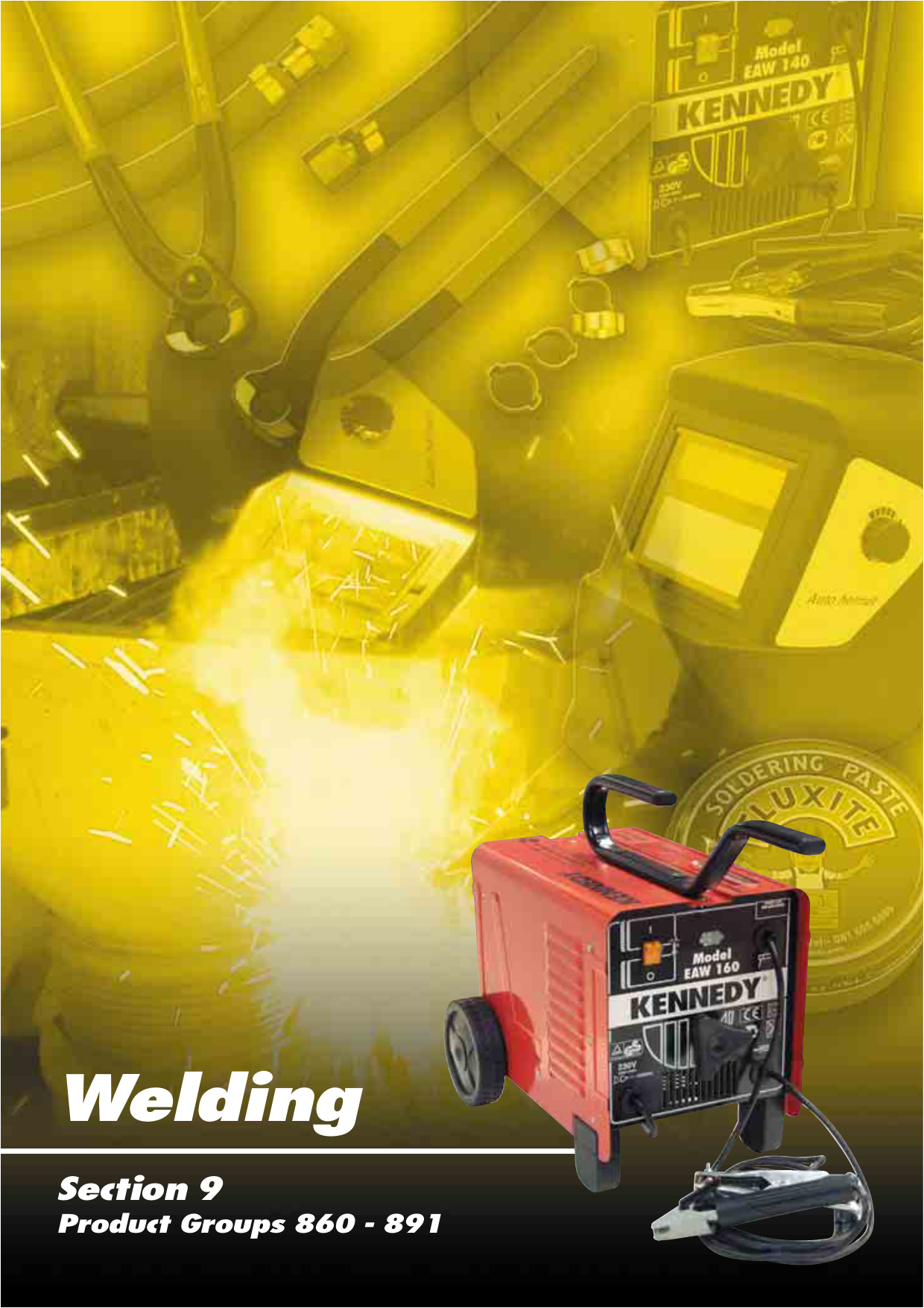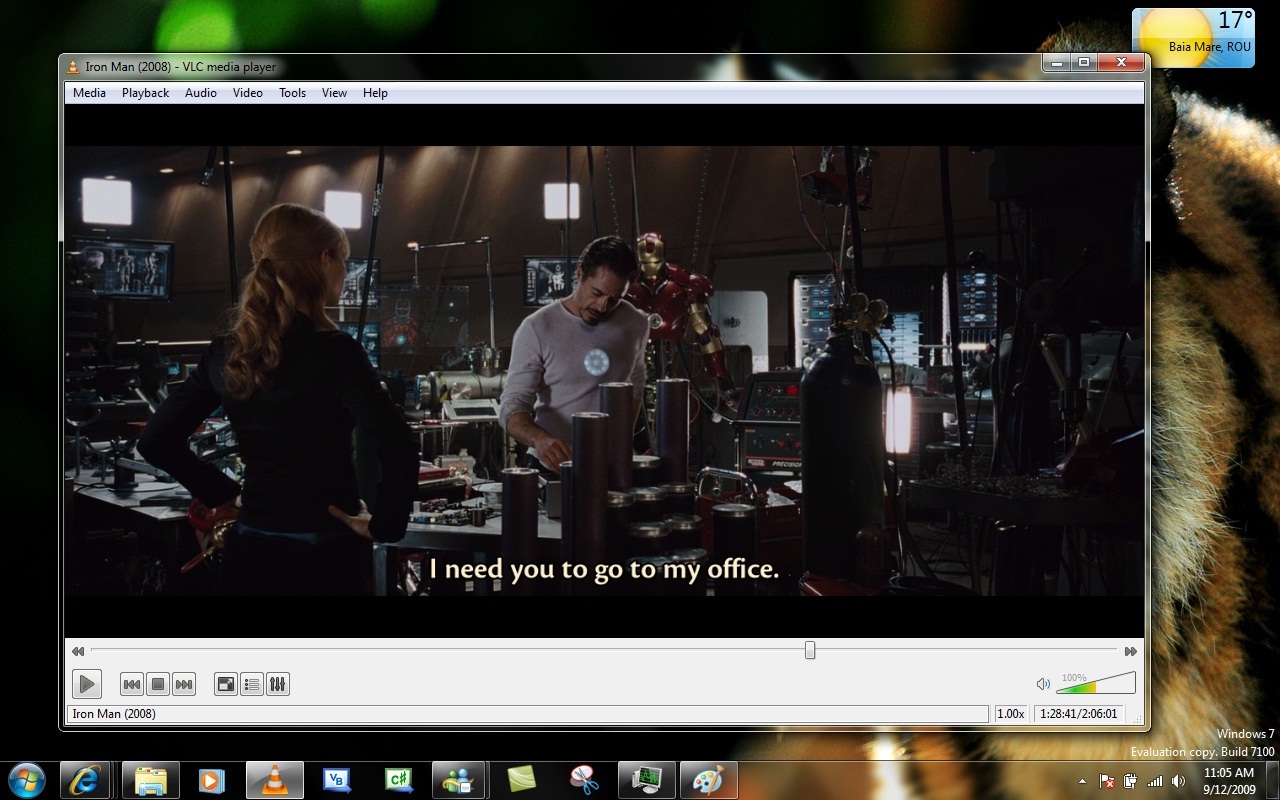Migmate 150 Manual
SIP (INDUSTRIAL PRODUCTS) HANDYMATE, MIGMATE 105, MIGMATE 130, HANDYMIG, 150 User Manual. Download for 1 + 11 hidden pages Unhide for 1. View and download manuals available only for. Register and get 5 for free. Upload manuals that we do not have and get 1 for each file. Get 1 for every download of your manual. Our new Product Manuals category sees a vast amount of product information uploaded for our products, allowing our distributors and customers to search for information. As well as this complete manual directory, SIP also aims to add our official manuals to the individual product listings on this site - so we can make your search for information.
The story of this upgrade starts with a friend of mine acquiring it about 15 years ago (at which point it was already quite old) and after some use real life got in the way and it was abandoned in a barn for about a decade. At this point I needed a welder for a project and asked to borrow it. Now when I got my hands on it and started trying to use it it became immediately obvious these welders were amazingly basic and poorly constructed and so immediately I started modifying it to make it work a little better.
Migmate 150 Manual Transfer Switch
Factory Wire Feed
First off the standard wire feed is terrible, it’s made of plastic and if you put enough pressure on to push the wire the mounting for the drive (being plastic) actually bends away and just won’t consistently grip. This situation can be improved by changing the plastic torch liner out for a steel one to reduce friction but it’s still dodgy. Bracing the wire feed on the outside helps as well.
Here you can see the feed modification. It is simply a bit of scrap metal with a slight bend in it and two holes. The two screws are already in the feed system and hold the parts from the factory so it just picks up on them. This simple mod helps the two feed rollers from deflecting away from each other.
The next issue with the wire feed is the motor is driven off the main transformer output with half wave rectified DC which causes a one main problem, the supply to it isn’t consistent. When the arc is struck the voltage at the motor will drop due to the load change on the transformer which tends to make the motor constantly pulse in operation rather than give a consistent feed so it’ll join metal but not in a particularly convincing way.
To get round this I added a small regulated 24VDC supply for the motor with the help of information I found on the internet such as the wiring diagram for the welder. The was this works is the control board gets its 24V supply from the black wire on the 4 pin connector. If we disconnect this and instead feed it our own 24VDC the supply shouldn’t fluctuate any more. I used the existing supply (the black wire we just intercepted) via a relay (24VAC coil) to turn on the wire feed when the output energises. You should end up with something like this
I’ve not checked the rating on the factory feed motor but I would guess 10W at most. I used a 24VDC 15W PSU module (specifically a Tracopower 15124C that I found on ebay) and it worked well. I managed to fit it behind the main transformer bolted to the outer casing.


Further to this the motor speed circuit is actually very poorly designed and after a little use can get twitchy and change during use. I didn’t get as far as modifying this but further information can be found here :
Or if that should ever go offline also in this PDF :
Earth Lead
Another key usability thing is that these welders have very short leads and the clamp was poor from new and appeared to be a similar thickness to tinfoil and added to that was badly damaged and even rusty and since poor contact causes many issues with consistent welding so I decided to upgrade the cable and clamp to help the situation. For a welder this size you need to be looking at a minimum of 10mm2 cable but this will not allow you to operate at full power consistently (not that this welder is actually capable of that anyway!) 16mm2 would give you plenty of spare capacity.
The clamp itself was just bought off ebay again, they’re about £4 each so difficult to go far wrong. You could go for a different style to the normal clamp if you prefer such as a magnetic one. To connect the cable to the stud on the clamp I used a reusable cable lug which uses two small bolts to tighten to the cable, you could buy crimp lugs but crimping them without the correct tools can be hit and miss. I’ve heard a cold chisel will work but your mileage may vary. I actually used a second reusable cable lug to clamp the new cable onto the transformer outlet inside the welder – not the neatest solution but it worked.
Gas Supply
The standard shielding gas supply on these welders is via a small plastic tube which is intended to be connected to a mini-bottle which sits in two brackets on the back. The brackets aren’t actually fixed to the welder so can be easily knocked off. The standard regulator is rubbish and the one I got with the welder was totally seized shut. I bought a like for like replacement initially and this highlighted the limitation here. The bottle is so small and the regulators so poor that the gas flow actually changes during use and rapidly empties entirely. They have no gauge and so the first you know of having no gas is when your welds go horrible. I looked into it and found a good solution – you can buy regulators that adapt a normal gas bottle to this type of hard line.

I looked into getting gas and found that the time of massive rents on bottles is over. In the UK there are a couple networks of suppliers who will give you weld gas with only a bottle deposit (currently £65 for mine) and no ongoing rental charge. Once the bottle is empty you take the bottle back and get a full one and just pay the gas fill cost (about £30 for the bottle I have) I found a supplier of Hobbyweld gas (Noz-Alls Cheltenham – www.weldingdirect.co.uk) and got their 10L bottle, these are pressurised to 137 Bar giving a total of 1370L of gas. This lasts drastically longer. The shop I went to also sold a standard regulator but with a crimped hose and a push fit to suit this welder off the shelf making this very easy for about £20.
Roll Drag
One other problem I had was the tension spring which is supposed to hold the roll under a little tension to prevent overrunning was actually sharp and biting into the reel. I added a large flat washer under the spring to stop this then added a small washer as a shim to prevent it being over-tightened. This provides friction over a large area to avoid this problem and it seems to work well.
So once I’d done all of this it worked significantly better and we used it for a few projects to good effect right up until we tried to repair and refit the load bed of a pickup truck which involved welding plates onto chassis rails and various other extensive welding work. After burning through multiple contact tips and a couple shrouds we got to the point where the torch died entirely with the wire welding into the inner workings of it and came to the conclusion it was done for. The torch on these being hard wired into the unit finding a replacement wasn’t as simple as a standard euro torch and at this point I wasn’t sure it was worth replacing until we actually needed it again. Some time later I bought a new compact R-Tech MIG which by comparison is a revelation and so the old Migmate got thrown into a cupboard for storage with the expectation it would eventually probably be scrapped.
Migmate 150 Manual Craftsman
Though that’s not exactly how the story ends…


